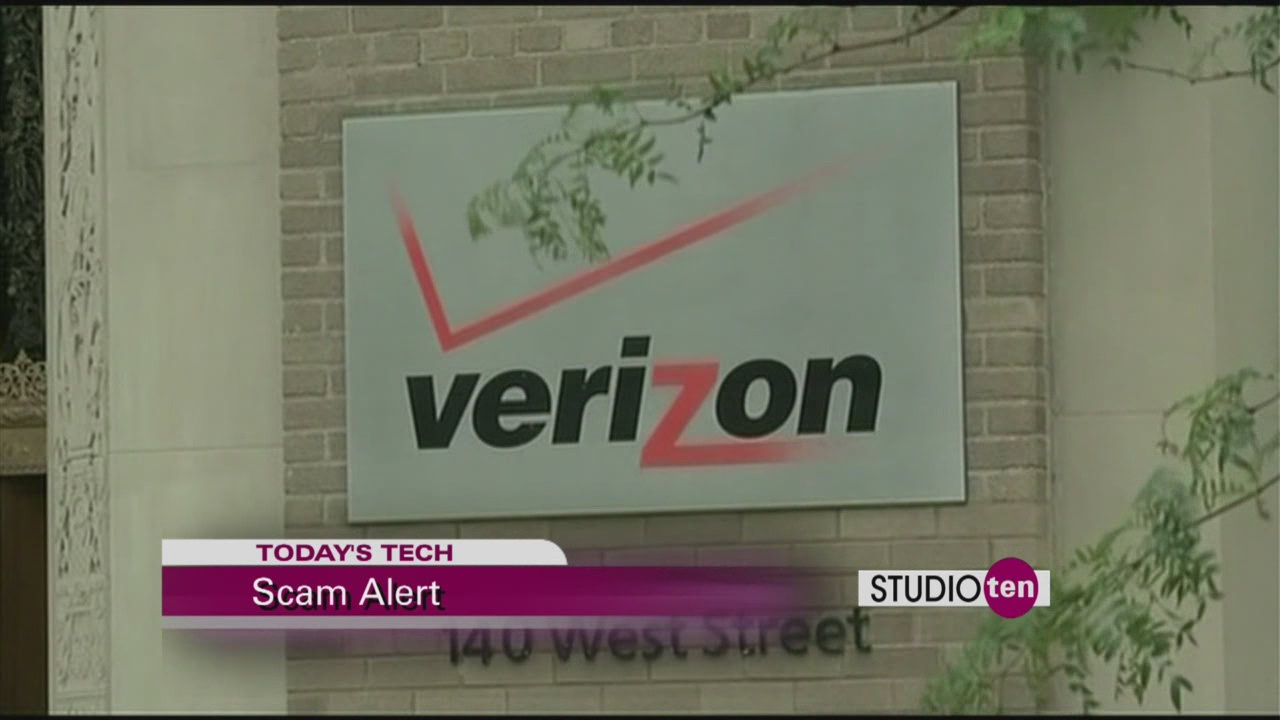Affiliate links on Android Authority may earn us a commission. Learn more.
Verizon continues to go back and forth on Title II classification
Published onDecember 11, 2014

As I have discussed a number of times, Verizon can’t seem to make up its mind on whether they really support Title II classification. They love Title II when it helps them receive all sorts of financial benefits but can’t stand it otherwise.
For those that do not know, the Federal Communications Commission (FCC) is considering whether to reclassify all internet service providers (ISPs) as common carriers under Title II of the Communications Act of 1934. Being classified as a Title II organization includes new rules that must be followed to ensure that actions by your company are “in the public interest.”
For example, the second subsection of the Title II rules state that common carriers can’t “make any unjust or unreasonable discrimination in charges, practices, classifications, regulations, facilities, or services.”
Essentially, this classification would allow the FCC to protect net neutrality by regulating against against paid prioritization. In fact, ISP’s are already using Title II classification when they want to receive a number of different financial benefits. In some areas of the country, building out your broadband system under Title II allows your company select tax breaks.
But Verizon can’t seem to decide whether or not they favor Title II classification. On one hand, Verizon proudly claims to be a Title II service in a number of different states when applying for local franchise agreements in New Jersey, Washington DC and other states.
“Verizon NJ has been upgrading its telecommunications facilities in large portions of its telecommunications service territory so that cable television services may be provided over these facilities. This upgrade consists of deploying fiber optic facilities directly to the subscriber premises. The construction of Verizon NJ’s fiber-to-the-premises FTTP network (the FTTP network) is being performed under the authority of Title II of the Communications Act of 1934 and under the appropriate state telecommunications authority granted to Verizon NJ by the Board and under chapters 3 and 17 of the Department of Public Utilities Act of 1948. The FTTP network uses fiber optic cable and optical electronics to directly link homes to the Verizon NJ networks.” – Huffington Post
Then Verizon decided that Title II classification would be terrible for their company and the country.
“Reclassification under Title II, which for the first time would apply 1930s-era utility regulation to the Internet, would be a radical reversal of course that would in and of itself threaten great harm to an open Internet, competition and innovation.” – Verizon Public Policy Blog
Then Verizon’s CFO decided to claim that Title II wouldn’t really decrease their investment.
Speaking at a UBS investor conference Verizon CFO Francis Shammo was asked, “Obviously there’s a lot of commentary coming out of Washington about this move to Title II… What’s your view of that potential occurrence down in Washington and does it affect your view on the attractiveness of investing further in the United States?” Shammo answered that Title II will not affect Verizon’s investments. “I mean to be real clear, I mean this does not influence the way we invest,” he said. “I mean we’re going to continue to invest in our networks and our platforms, both in Wireless and Wireline FiOS and where we need to. So nothing will influence that. I mean if you think about it, look, I mean we were born out of a highly regulated company, so we know how this operates.” – Ars Technica
Now, Verizon’s CFO is speaking out about his own comments. He wants everyone to know that even though he admitted previous to Title II having no effect on their investment, Title II classification being made permanent will in fact cause Verizon’s investment in broadband to go down.

By classifying themselves under Title II in recent years, Verizon was able to receive over $4.4 billion in additional revenue. That number doesn’t even include the tax benefits nor the fact that Verizon never came remotely close to fulfilling their promised broadband deployment goals in New Jersey, Pennsylvania and others.
Verizon, like other telecommunication companies, likes to claim that classifying them as Title II would engulf them in excessive red tape. But as Sonic.net’s CEO mentioned on a podcast (per TechDirt), that isn’t true. In fact, the CEO stated that there is little additional red tape attached to Title II classification and that Title II is only a “regulatory burden” if you’re an ISP that’s doing bad stuff to consumers.
Essentially, Verizon is for Title II but only when they can make several billion off it.